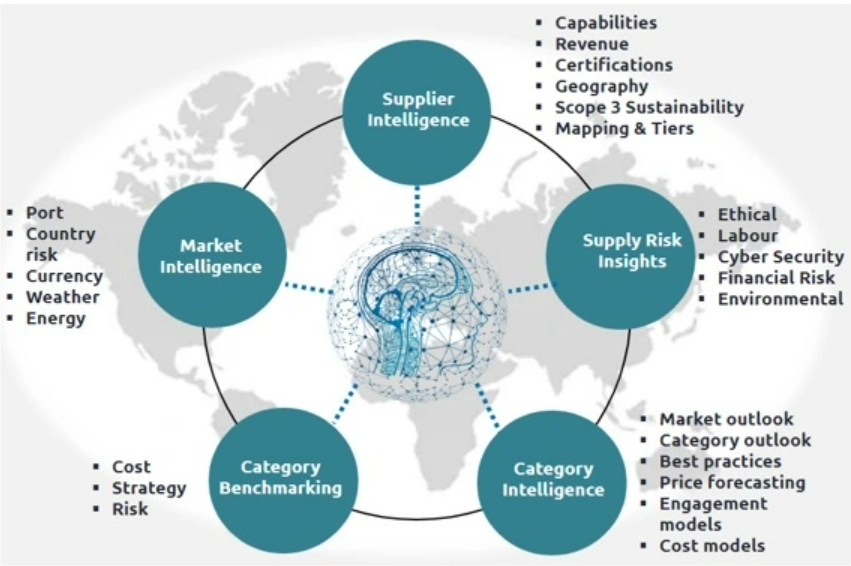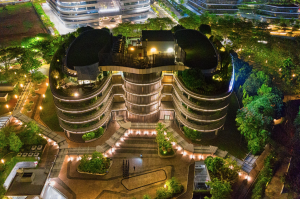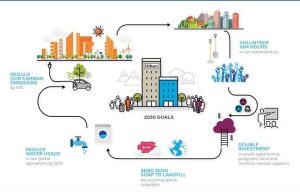The hospitality industry is highly dynamic, with numerous interconnected components working together to deliver seamless guest experiences. However, the outbreak of the COVID-19 pandemic exposed vulnerabilities in supply chains worldwide, leaving many hospitality businesses scrambling to adapt. In response, the concept of supply chain resilience has gained prominence, emphasizing the importance of building robust and flexible supply chains to withstand disruptions and uncertainties. This article explores the significance of hospitality supply chain resilience and the strategies employed by businesses to navigate through challenging times.
- Defining Hospitality Supply Chain Resilience
Supply chain resilience in the context of hospitality refers to the ability of hotels, restaurants, and other establishments to respond effectively to unforeseen disruptions while maintaining the delivery of products and services to guests. Resilient supply chains are designed to absorb shocks, recover swiftly, and adapt to changing circumstances.
- The Need for Supply Chain Resilience in Hospitality
The hospitality industry is prone to various external shocks, such as economic downturns, natural disasters, public health crises, and supply shortages. To remain competitive and maintain guest satisfaction, establishments must proactively build supply chain resilience.
- Key Components of Supply Chain Resilience
a. Diversification: Relying on a single supplier or a limited set of suppliers increases the risk of supply disruptions. Establishments are diversifying their supplier base to reduce dependency on specific regions and industries.
b. Inventory Management: Striking the right balance between inventory levels is crucial. Having excess inventory ties up capital, while insufficient stock may lead to shortages. Data analytics and demand forecasting play a crucial role in optimizing inventory management.
c. Digitalization and Data Visibility: Leveraging technology and digital solutions enhances supply chain visibility, allowing businesses to track inventory, deliveries, and potential disruptions in real-time.
d. Collaborative Relationships: Building strong and collaborative relationships with suppliers, distributors, and other partners fosters open communication and facilitates quick problem-solving during disruptions.
e. Flexibility and Agility: Resilient supply chains are flexible and agile, capable of quickly adapting to changing circumstances and demand fluctuations.
- Strategies for Building Resilience
a. Risk Assessment and Contingency Planning: Conducting risk assessments helps identify potential vulnerabilities and areas for improvement. Contingency plans outline the actions to be taken in response to specific disruptions.
b. Scenario Analysis: Businesses conduct scenario analysis to simulate various potential disruptions and test the effectiveness of their contingency plans.
c. Supplier Evaluation: Regular evaluation of suppliers’ financial stability, production capabilities, and ethical practices allows businesses to make informed decisions when selecting partners.
d. Local Sourcing: Establishments are increasingly sourcing products locally to support regional economies, reduce carbon footprints, and minimize supply chain disruptions.
e. Flexibility in Contracts: Contracts with suppliers and partners are designed with flexibility to accommodate unexpected changes in demand or conditions.
f. Continuous Improvement: Hospitality businesses are continually assessing and improving their supply chain processes to ensure ongoing resilience.
- The Role of Technology
Digital technologies play a crucial role in building supply chain resilience in the hospitality industry.
a. Cloud-based Solutions: Cloud-based platforms enable real-time data access and collaboration among supply chain partners.
b. Artificial Intelligence and Predictive Analytics: AI-powered predictive analytics help forecast demand, optimize inventory, and identify potential disruptions.
c. Blockchain: Blockchain technology enhances transparency and traceability in supply chains, providing guests with information about the origins of products.
d. Robotics and Automation: Automated inventory management and warehouse operations improve efficiency and reduce the risk of human error.
- Case Studies in Hospitality Supply Chain Resilience
Several hospitality establishments have successfully demonstrated supply chain resilience during the COVID-19 pandemic.
a. Adaptive Inventory Management: Hotels and restaurants that quickly adjusted their inventory levels and offerings based on changing guest demands remained agile during the crisis.
b. Collaborative Partnerships: Establishments that maintained close communication with suppliers and partners were able to navigate through supply shortages and disruptions.
c. Digital Transformation: Hotels that adopted contactless technologies for delivery, check-ins, and payments experienced smoother operations and reduced physical contact.
- The Long-Term Impact
Supply chain resilience is not only vital during times of crisis but also contributes to a sustainable and competitive advantage in the long term. Establishments that invest in resilience benefit from improved operational efficiency, reduced costs, and increased guest trust and loyalty.
Conclusion
Hospitality supply chain resilience is a critical factor in ensuring the uninterrupted delivery of products and services to guests, even during challenging times. Establishments that proactively build robust and flexible supply chains through diversification, digitalization, and collaborative partnerships can navigate through disruptions with agility and confidence. With the lessons learned from the COVID-19 pandemic, the hospitality industry is embracing supply chain resilience as an essential component of its strategy to provide exceptional guest experiences while ensuring stability and sustainability for the future.






